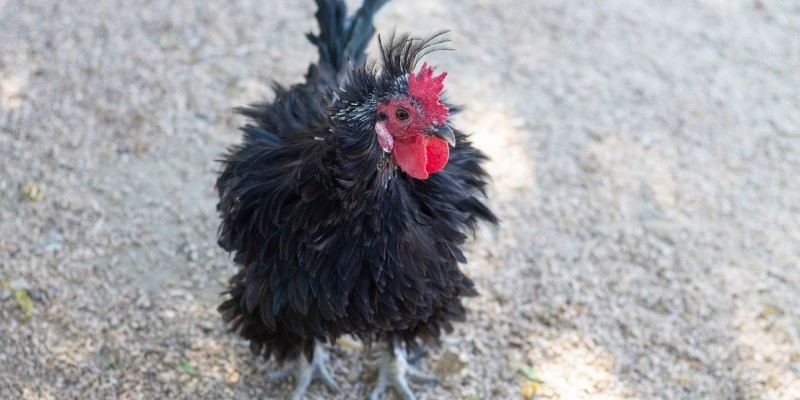If you are a chicken farmer, the last thing you want is to find chicken mites infesting your coop. Worse, you may find chicken mites living in your home, clothes, hair, or getting bitten.
Chicken mites are horrible little pests that are troublesome to get rid of. While chicken mites can’t live for long in humans, they can be a nuisance once they get into your home. Read on to learn how to get rid of chicken mites on humans.
What Chicken Mites Looks Like
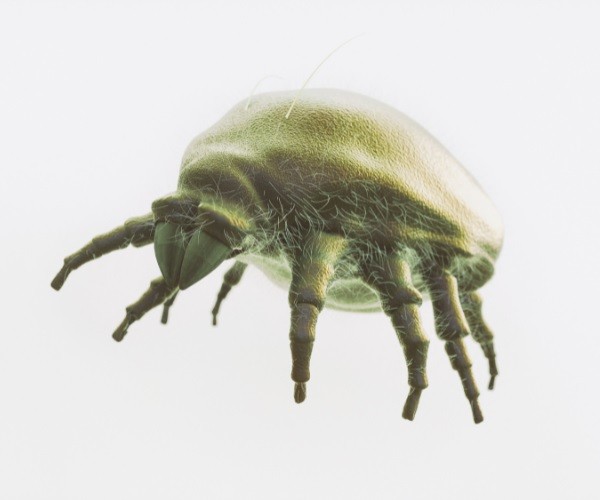
Chicken mites are tiny parasites that feed on chicken blood, feathers, and skin. Ideally, they are light grey before they feed. When they feed on chicken blood, they turn red.
While they rely on chicken blood to finish their cycle, chicken mites can go for up to seven months without the chicken blood. Thus, they can find their way to humans and bite.
The good thing is that chicken mites are not parasites to humans. They are pests that do not feed on human blood.
Where Do Chicken Mites Come From?
Chicken mites come from chicken breeds and other birds like pigeons, starlings, sparrows, and bird nests. They are found in all parts of the world and are more active during the warm climate.
Ideally, chicken mites will live and feed on blood from different birds. While the chicken mites can live on humans, their life cycle cannot be complete without the bird’s blood.
Can Chicken Mites Live on Humans?
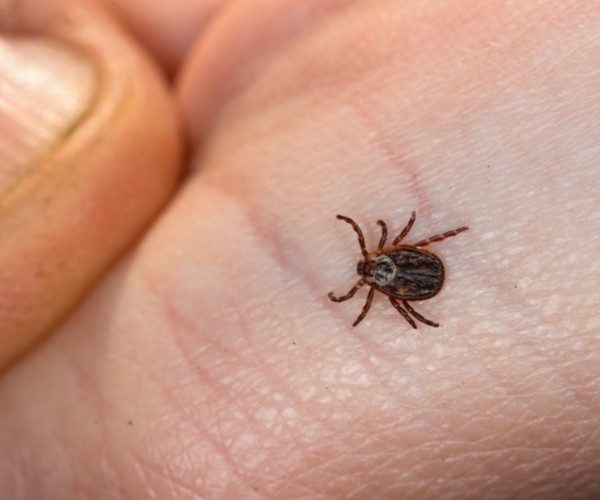
Chicken mites can live on humans and also bite them. However, they require the blood of chickens and other birds to survive and complete their cycle. Therefore, they can’t solely depend on human blood for their survival.
The worst thing chicken mites can do to humans is bite them. You can notice some red bumps on your skin with irritation and itching that can sometimes be severe.
The symptoms of chicken mite bites are just like those of other mites and insects. You can experience a crawling sensation that is sometimes painful with small red bumps.
How to Know You Have Chicken Mites?
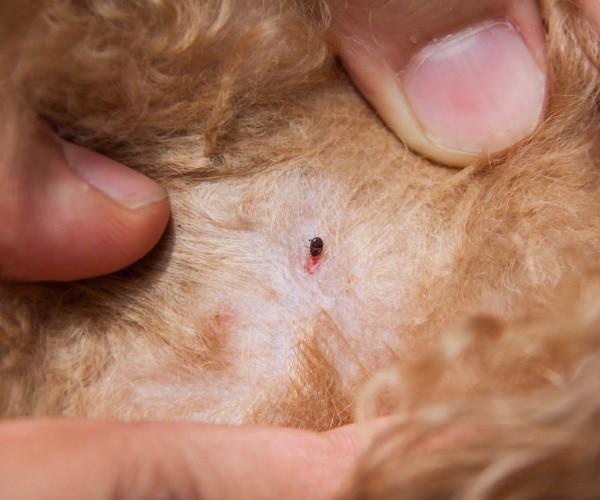
If you contact chickens with mites, you are highly likely to get the mites too. People at high risk include:
- Poultry farmers.
- Employees at pest control stores.
- People who live near chicken nests.
All these people are at a high risk of getting chicken mite bites, mainly if the mites infest the chicken themselves.
Chicken mite bites are not easy to identify, especially because, at times, you do not feel when the mite bites. You will notice later when the bite has already occurred. Some of the signs that can help you tell if you had a chicken mite bite include:
- Swollen skin near the bite
- Red bumps on your skin
- Rash-like marks on your skin
- Irritation, sensation, itching, or pain near the bite place
Though everyone reacts differently to chicken mite bites, the sensation ranges from slight itching to severe irritation.
Chicken Mites Treatment
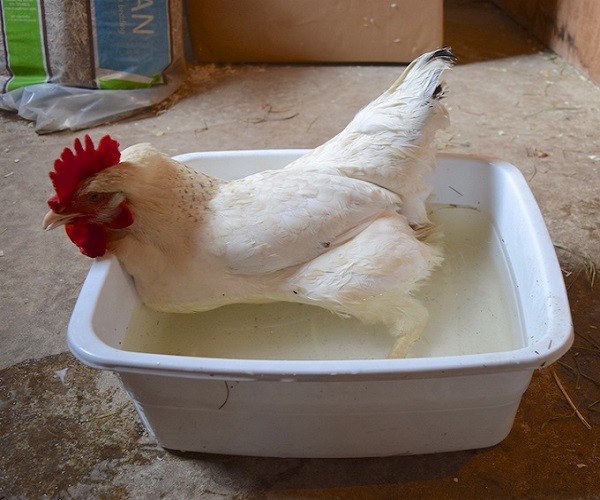
The good thing with chicken mite bites is that they are harmless. This is because no disease is associated with mites passing it to humans. However, in rare cases, you might get an infection due to the bacteria left under the skin.
If you notice some chicken mite bites on your skin, the first thing you should do is cleanse your skin to eliminate any other mites left on your body. Wash even your hair with shampoo and your body with a lot of soap; body washes and rinses with plenty of water.
If your clothes and bedding are also infested, wash them with warm soapy water to eradicate the chicken mites. Chicken mite bites can heal themselves without seeing a doctor.
You can apply anti-itch creams to relieve the itching or take an oral antihistamine to relieve inflammation and severe itching. Antibiotics can also help if you develop a secondary bacterial infection.
Since chicken mite bites can cause severe irritation, you can always seek further medical attention from a healthcare provider if the itching does not stop or you see any sign of bacterial infection like swelling or fluid leaking on the bitten area.
If you experience a fever, have trouble breathing, or develop hives after being bitten by chicken mites, always seek emergency medical attention. This can be a sign of an allergic reaction.
How to Get Rid of Chicken Mites on Humans
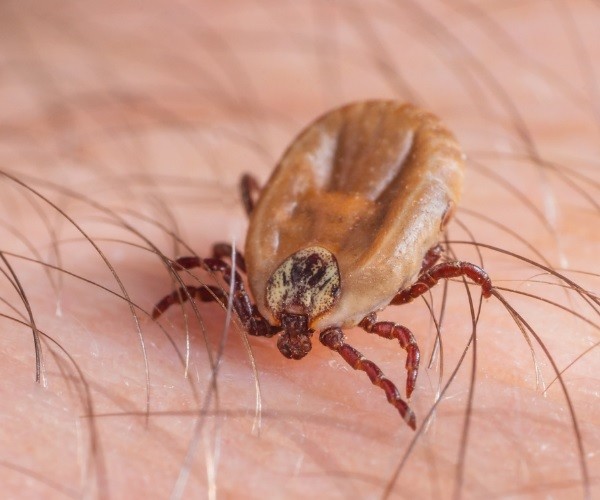
If chicken mites are infesting you, they are most likely in your homestead. Some of the best ways to get rid of chicken mites on humans include:
Vacuuming
You should vacuum everywhere thoroughly, including your carpets, often to get rid of any chicken mites on your house. Also, when cleaning, use products recommended by professionals that help prevent chicken mites.
Thorough Washing
Wash your clothing, bedding, and any washable thing that you suspect is infected by chicken mites using hot water and soap. This will help to get rid of chicken mites and their eggs.
Treatment
You can also treat your house and homestead to chicken mites. You can use sprays and repellants targeting chicken mites and not other pests.
Treating Your Chicken
If you are a poultry farmer, you will have to treat your chicken to prevent the spread of chicken mites in your home. You can opt for natural treatment methods to prevent using harmful chemicals that may not be good for you and the environment.
Treating your flock is the best way to get rid of mites and prevent them from multiplying, flourishing, and spreading to your home.
Some of the natural ways to treat chicken mites from your chicken include having garlic juice in your chicken diet. Chicken mites are not fun of the taste of garlic in chicken blood.
You can also spray a mixture of garlic juice, olive oil, neem oil, or lavender on the chicken or around the coop. Also, keeping your chicken cage clean is a natural way of stopping chicken mites from flourishing.
Conclusion
Chicken mites can be frustrating and troublesome if they get to you and your homestead. While they are not parasites to humans, nor are they something to worry about, they can cause severe irritation and, worse, lead to bacterial infection.
Avoiding contact with chickens infested with mites and chicken nests and wearing protective clothing while getting in contact with infected chickens can help you get rid of chicken mites.
Last Updated on January 14, 2025 by Pauline G. Carter

